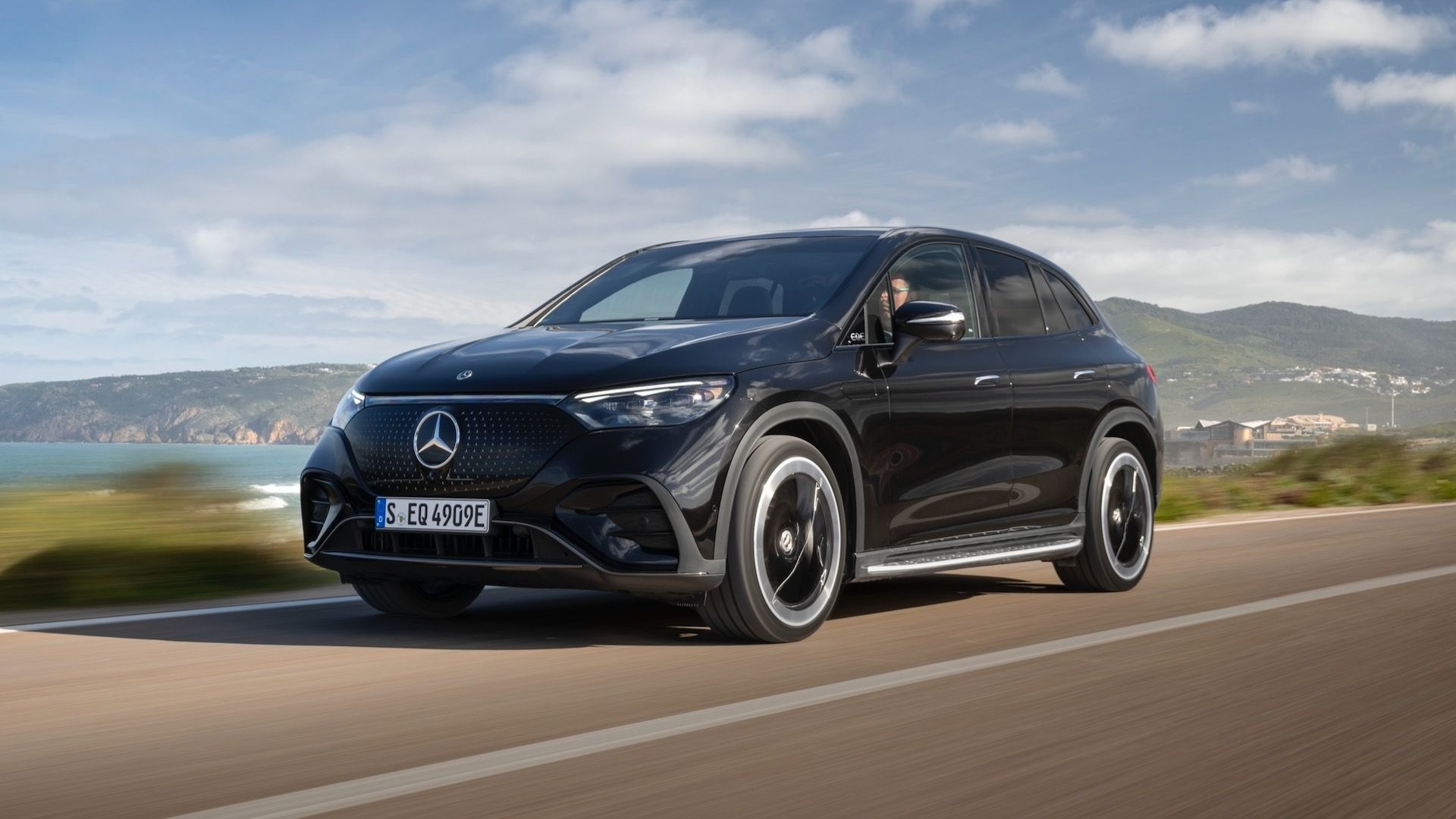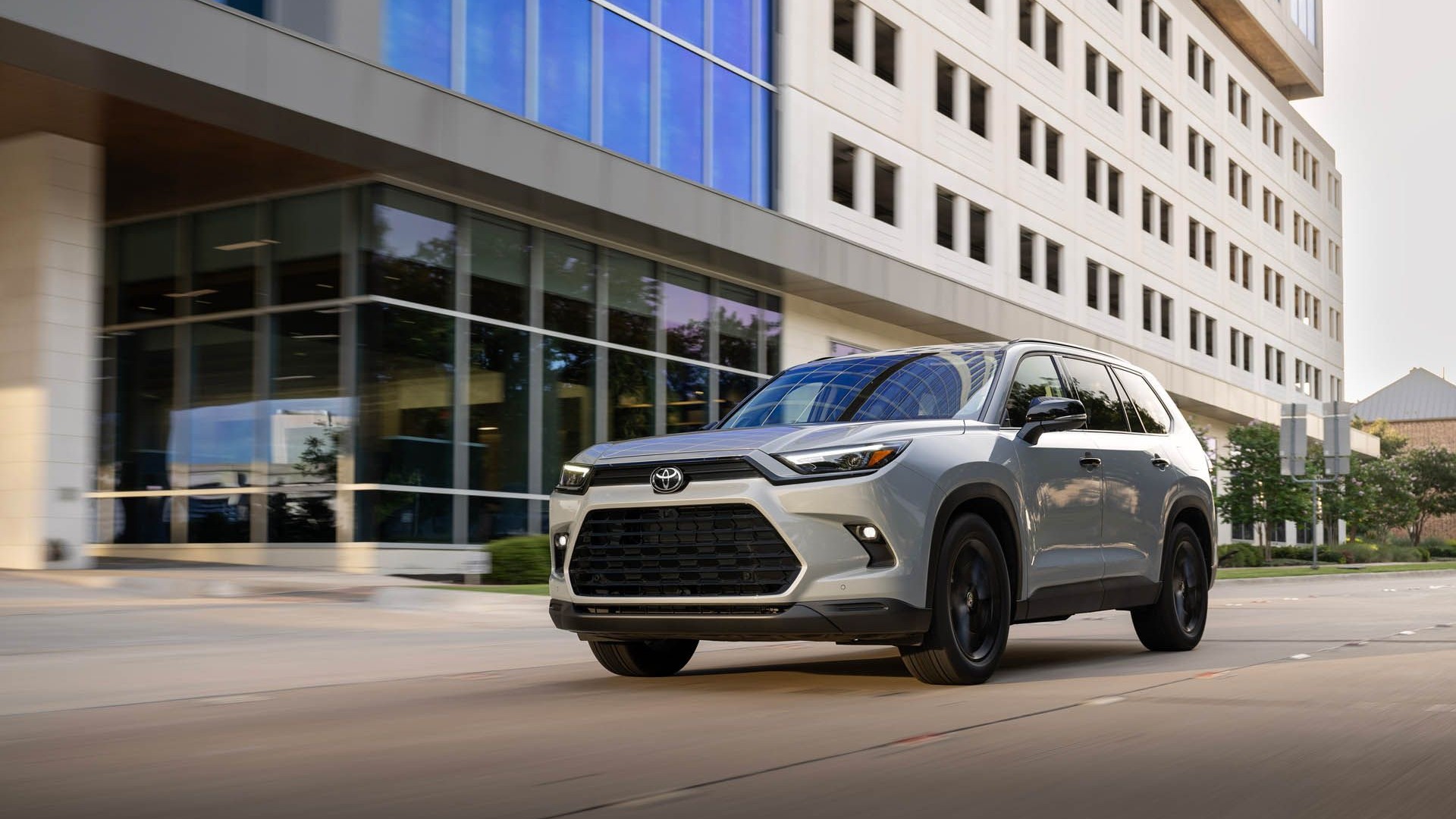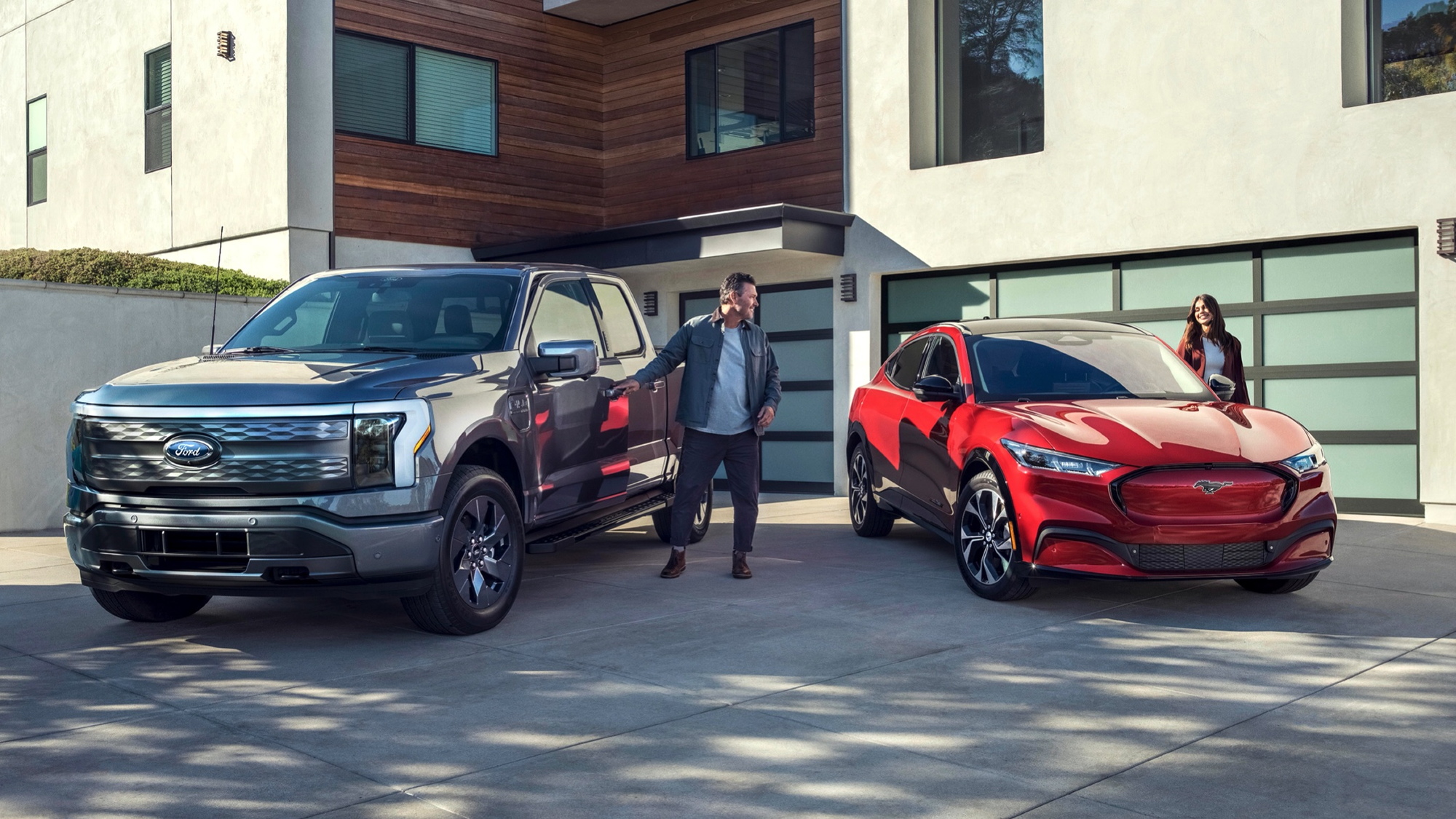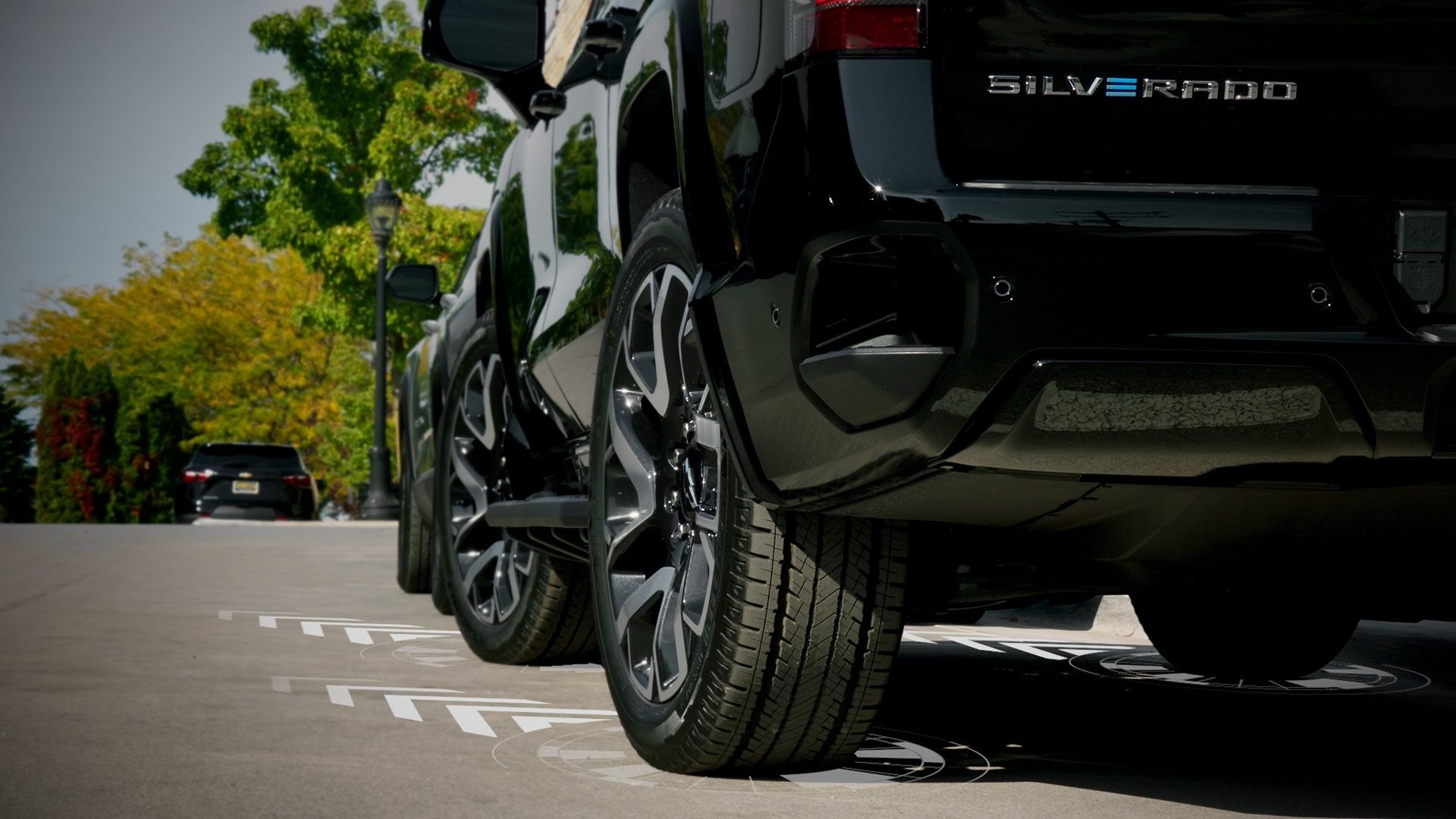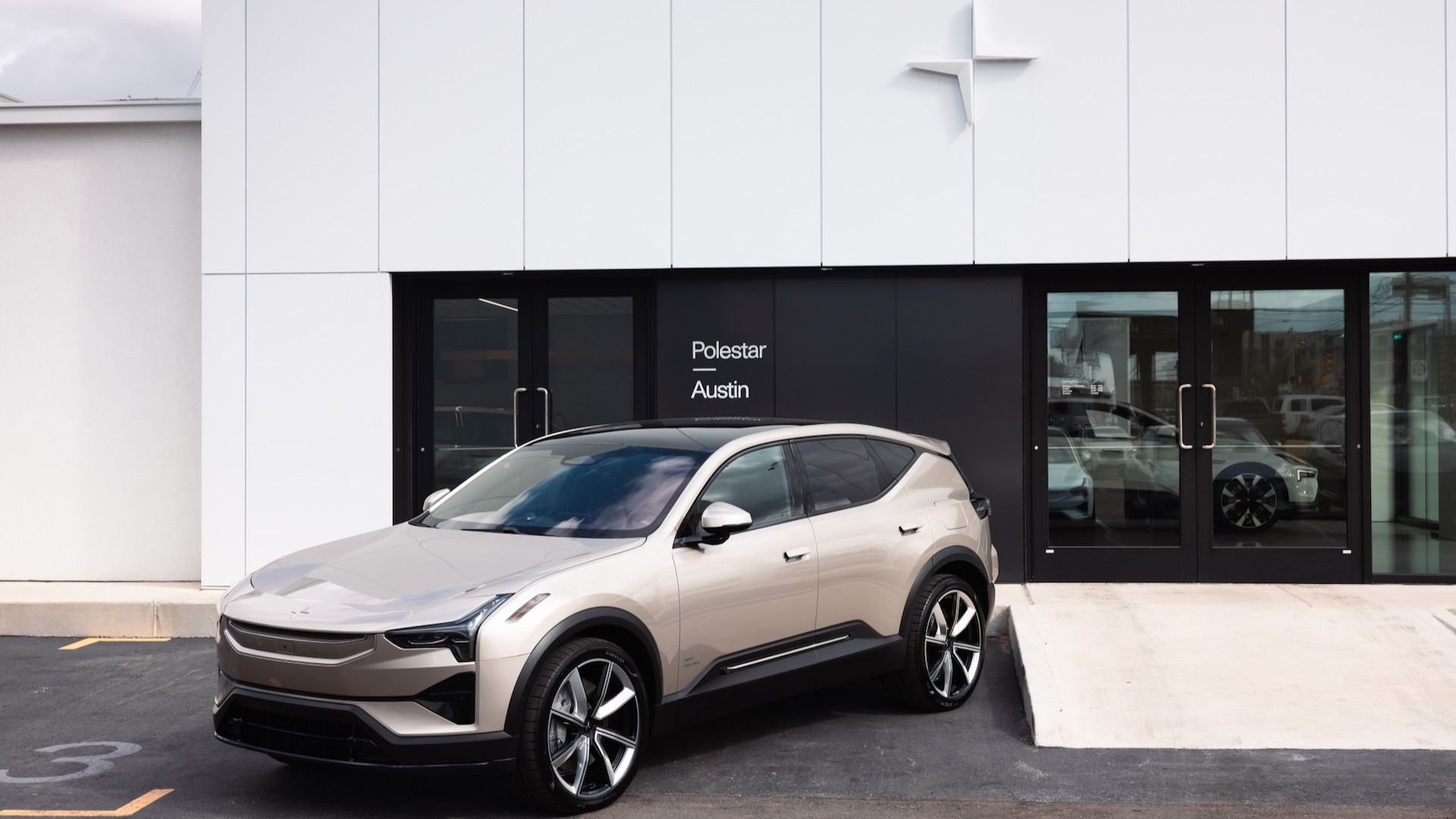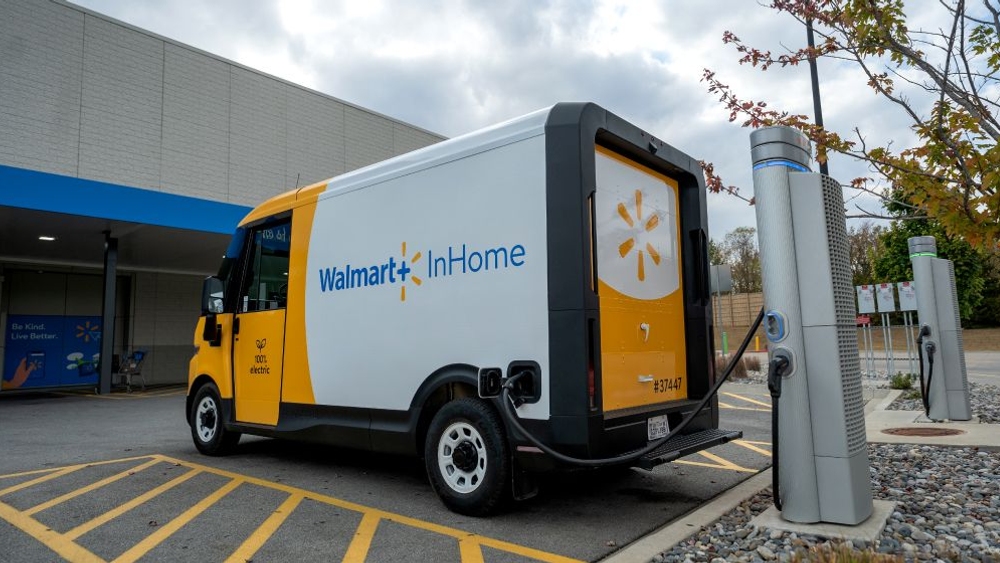The Environmental Protection Agency's internal watchdog said Monday that it had opened an investigation into relaxed automotive emissions standards touted by the Trump Administration as a major victory for deregulation.
The EPA inspector general said Monday that it would review the rule-making process to see if it met requirements for "transparency, record-keeping, and docketing, and followed the EPA's process for developing final regulatory actions."
In March, the EPA lowered annual emissions-improvement targets for passenger cars. An Obama-era rule set the target at roughly 5% annual decreases in emissions (corresponding to increases in gas mileage), but that was lowered to 1.5% annually.
Lower emissions targets allow automakers to continue producing dirtier, less fuel-efficient cars. When the rule was announced, the Trump Administration said it would cut the cost of future vehicles by $1,000, but the administration's own internal analyses showed that it would create higher costs for consumers than leaving the Obama-era rule in place, as well as lead to increased deaths from air pollution, noted The New York Times.
“This is really serious,” Vickie Patton, general counsel for the Environmental Defense Fund, said in a statement to the paper. “It’s rare for EPA’s inspector general to conduct an investigation of the agency’s rule-making.”

I-5 traffic in Seattle
The same report also explained why the lower emissions standards were released just as the pandemic lockdown was at its strictest. The administration feared that, if the rule was released later this year, it could be quickly overturned by former Vice President Joe Biden, should he win the 2020 election, according to The New York Times.
Biden could use the Congressional Review Act, a law that allows any regulation finalized within 60 legislative days of the end of a presidential term to be overturned by a simple Congressional vote, which is not subject to a filibuster or any other Senate rules designed to slow votes, the paper reported.
In addition to rolling back nationwide emissions standards, the EPA also announced last September that it would challenge California's emissions authority, which allows the state to set its own, higher standards.
Later that same month Trump criticized California air as dirty and threatened to withhold federal funds from the state.
Then in April the EPA rejected tighter standards for soot and particulate matter that might have put federal rules more in line with those already adopted in California.

